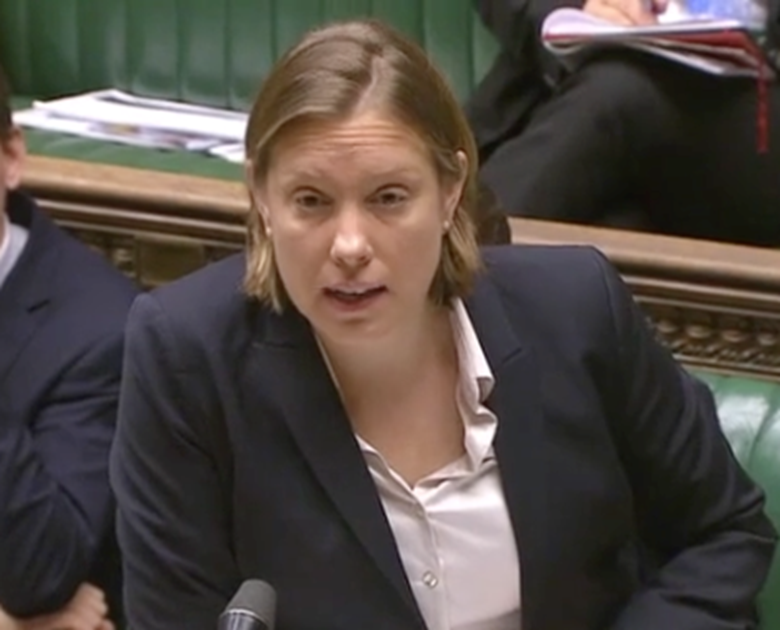Government 'yet to decide' whether to continue EU youth programme
Nina Jacobs
Thursday, February 1, 2018
A decision on whether the UK will continue to be part of a European Union (EU) programme that funded youth projects to the tune of £36m over a three-year period is yet to be taken, parliament has been told.

Speaking during a debate on Erasmus Plus, youth minister Tracey Crouch said that the government has already made a commitment to continue to be part of the programme up until 2020, but a decision for continued participation beyond then will form part of phase two Brexit negotiations.
Crouch said the UK had a "good track record" of benefiting from the Erasmus Plus which funds youth, training and sport activities from a core EU budget of €15bn (£13.1bn) pledged for the six-year period up until 2020.
She said from the start of the current programme in 2014 until 2017 there were successful applicants from 928 youth projects in the UK, which received €41.6m (£36.4m) of funding.
The minister said these figures were expected to rise as they did not include the final round of youth funding for 2017.
Crouch said around 12,000 young people and 4,000 youth workers take part in the programme each year, with youth work professionals benefiting from job attachments, training and other professional development activities.
She added more than €2m (£1.8m) was awarded to 51 organisations in 2016 for collaborative sport partnerships.
"However, Erasmus youth and sport is so much more than those statistics," she said.
"Erasmus funding allowed the UK to participate in structured dialogue activities, which give young people a voice on issues that matter to them, such as combating discrimination and equalising opportunity."
Crouch said Prime Minister Theresa May had confirmed in Brussels in December that the UK would participate in Erasmus until the end of the programme in 2020.
"She also welcomed the opportunity to provide clarity to young people and the youth and education sectors, and to reaffirm the UK's commitment to the deep and special relationship we want to build with the EU.
"However, no decisions have yet been made about post-2020 programme participation, since the scope of that programme has not been agreed," she said.
Since it began 30 years ago, Erasmus has helped around 600,000 UK participants to study, work, volunteer, teach and train abroad.
Youth organisations, such as the National Youth Agency, the National Union of Students and YouthLink Scotland, have been campaigning to protect the UK's involvement in the programme once the UK leaves the EU in April 2019.
Anna Barker, chair of the British Youth Council said: "Erasmus plus has been imperative in enabling hundreds of young people to develop their skills and confidence in representing the views of young people to decision makers.
"We're working with other youth organisations like YouthLink Scotland to highlight the massive impact Erasmus plus continues to have on young people living within the UK.
"We're delighted to see recognition of Erasmus Plus at the highest levels of government and we're looking forward to seeing concrete plans for ensuring the work that currently takes place under this programme continues following the agreed transition period."




